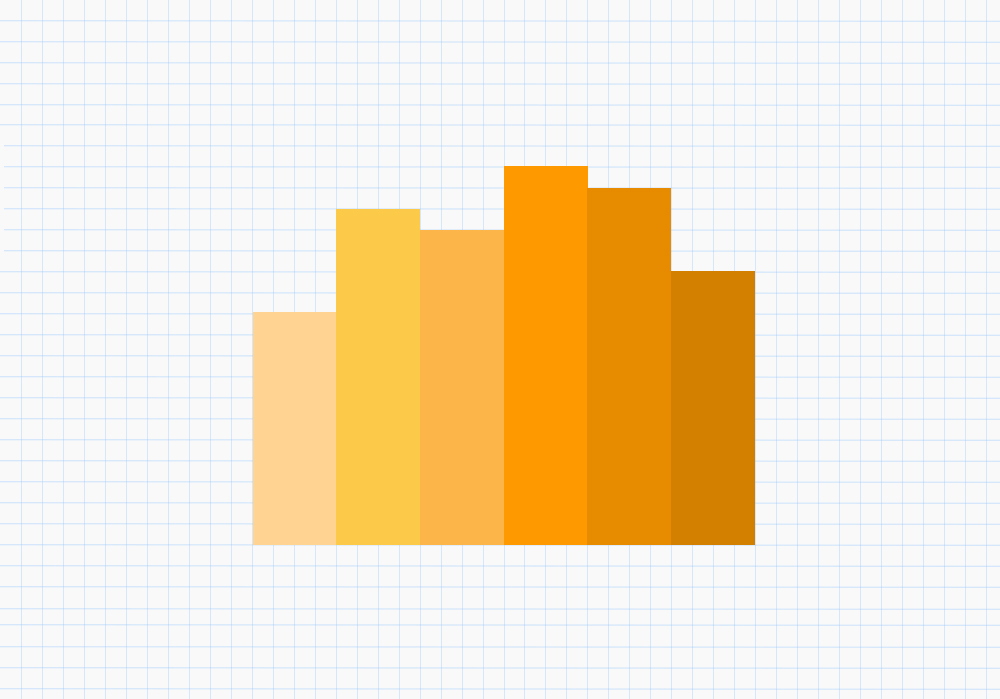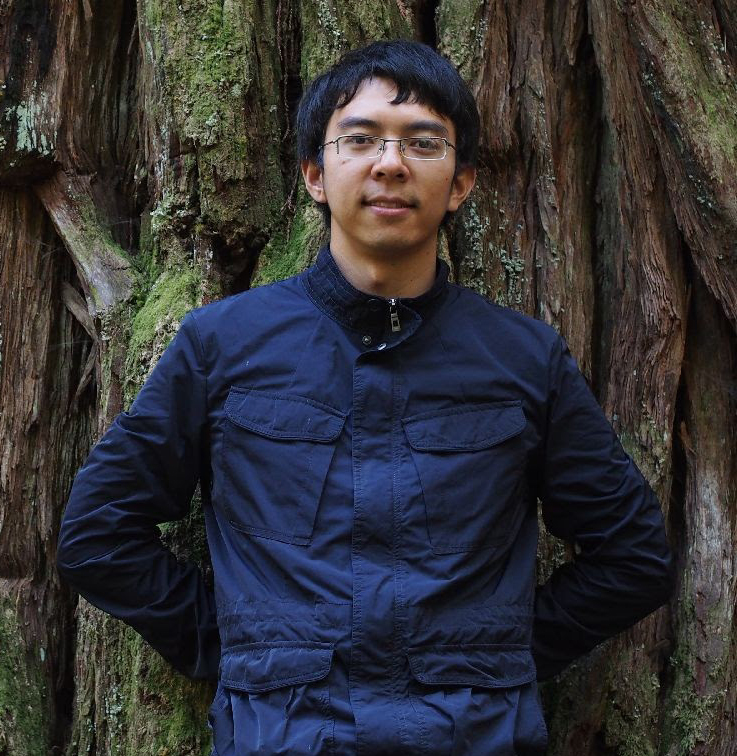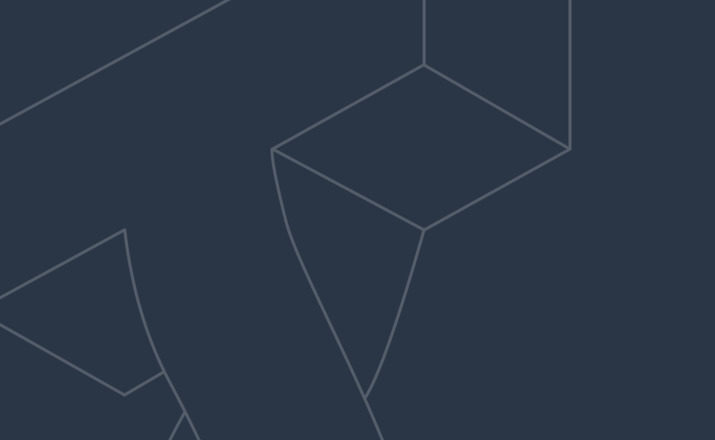What It Means To Be a Data Analyst
Categories

Data is one of the biggest trends in technology.
From healthcare to marketing, everyone wants more of it. Data are collected in a thousand different ways, but just as important as how it’s collected, is how it is interpreted.
That’s where Chao Ding, a quantitative analyst at Google, comes in. He and others in the field of data analysis are responsible for making data valuable for companies.
Ding finished his undergraduate study in Tsinghua University of China and graduated from the PhD program in Operations Research at Cornell in 2012.
In a Q&A, Ding shares what a career as a quantitative analyst looks like and why it’s an exciting field.
What types of roles were you considering before graduation?
I was mostly considering quantitative roles in either tech or financial industry.
Why did you choose your current role?
In one of my research projects with Professors Topaloglu and Rusmevichientong, I had to run some big simulations on Amazon AWS. Later on, I also got interested in AWS’s dynamic pricing strategy for spot instances and attempted to develop a research topic on it. The research topic didn’t pan out but such experience made me interested in cloud computing in general. So when this opportunity within an Operations Research team at Google working on cloud computing problems arose, it sounded like a great fit for me.
How do you expect your career path to look like in a few years?
There are a few possibilities I am exploring. One is to go deeper in my current area of cloud computing resource efficiency. As Moore’s Law is coming to end, this area is becoming more and more important. We need to look at this area more systematically, maybe even define quantitative theories and draw academic research attention in this area. Another one is to grow/expand my machine learning experience, which is on the trajectory to take over the world.

What is a typical day like?
In the morning clear up emails and respond to urgent requests if there is any. Then I meet with project teammates (mostly involving software engineers and quant analysts from multiple teams) to get update on what each other is up to and discuss any issues.
I’ll then bug engineers to learn how things work in current system, write queries or R/Python scripts, stare at the result, and virtualize the data to get a handle of what the data is saying.
I also bounce ideas off engineers about what needs to be done to improve a current system and provide insights based on data analysis. Then I discuss with quantitative colleagues (quant analysts, research scientists) on concrete technical / modeling problems.
If needed, I clear up code and send it to colleagues for review. I also review colleagues’ code, document my ideas and summarize findings.
What’s the most useful thing you learned in school that you still use today?
The most basic things, like probability distribution and optimization concepts, are most useful for me. Not necessarily because I use them directly, but having the basic theories in the back of mind helps me a lot to understand why things are the way they are in an abstract level, and enables me to see what might be missing and could be improved.
What’s one thing you wish you had learned in school/earlier?
I wish I got to know more application problems in which OR and in general analytical methodologies can be used. This would help to expand vision and find what interests you the most.
What’s your advice to a student hoping to get into this field?
Establish a solid analytical foundation, you can’t learn everything and a solid foundation will greatly help you learn new things as needed. Follow your curiosity as it’s the best teacher.





